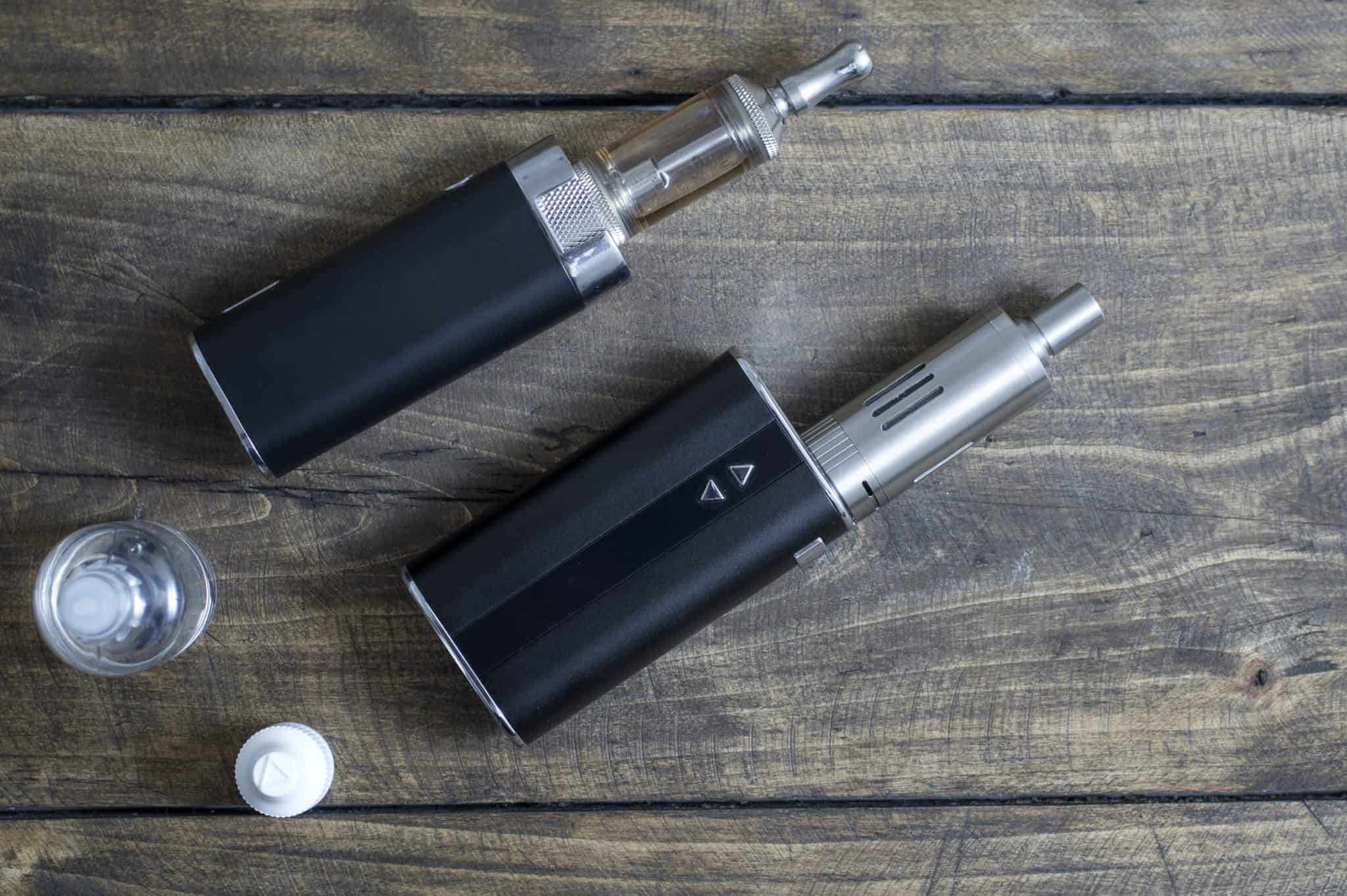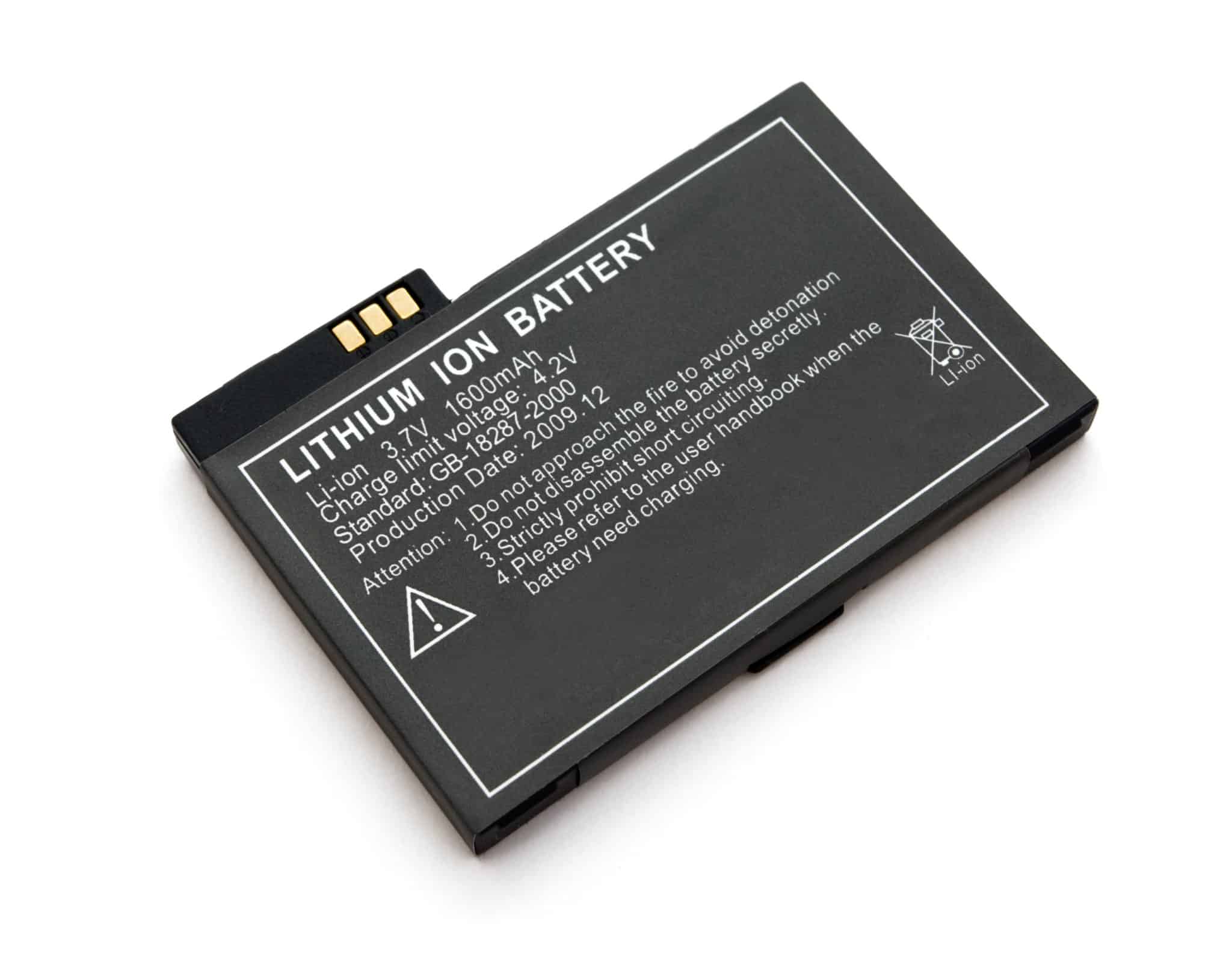Many people have decided to cease the use of traditional cigarettes and other tobacco products to use e-cigarettes, Juul, e-hookahs, and portable vaporization devices. Some people say they have switched because they were sick of smelling like cigarettes. Other people may even use non-nicotine e-juices merely for the flavor of the vapor. In any case, despite the lack of settled science on the matter, many people have decided to use e-cigarettes and vaporization products because they perceive the products to be less hazardous to their health.
While the jury may still be out on the long-term health risks of e-cigarettes, there is an unfortunate new risk that many users would not expect or believe possible. There are user reports from across the nation that e-cigarette devices can catch fire or explode while in use or while charging. The fire and explosion can inflict severe facial injuries or possibly cause an intense fire that can spread rapidly.

E-Cigarettes and Vaporization Devices Contain a Lithium-Ion Battery
Rather than using a lighter or matches with an e-cigarette, the device is powered by a small lithium-ion battery contained within its metal or plastic housing. Lithium-ion batteries have permitted the development and advancement of many portable consumer electronic devices such as cell phones and laptop computers. But when these batteries are improperly manufactured or designed, flaws in the battery can lead to catastrophic injuries and accidents. Furthermore, when manufacturers fail to account for foreseeable use and foreseeable misuse of the product – such as charging with a third-party charger – the risk of a severe accident increases greatly.
In particular, due to the shape of e-cigarette devices, the lithium-ion batteries show a propensity to explode or rocket away from the device casing. This is likely due to the amount of pressure that builds up in the cylindrical housing which acts as something of a launch tube for the battery. This mechanism can spread the fire and danger to the other side of the room or result in a projectile burning battery being launching into the face and mouth of the user.
Reported E-Cigarette Fires, Explosions, and Injuries
While they do not occur everyday, vaping accidents are unfortunately relatively common. The U.S. Fire Administration is aware of the issue and fire risk and has uncovered nearly 30 reports of device malfunctions and fires in recent years. The reported incidents have occurred while charging and while use. Devices have malfunctioned in moving vehicles and while idle in a cargo plane. Instances of e-cigarette fires include:
November 2015 – A Tennessee man was in critical condition and may not walk again after his vape exploded in his face. The man suffered a fractured vertebrae, facial fractures, and is missing at least one tooth.
July 2015 – A Cobb County man went to take a cigarette break with his e-cigarette like he did every day. He says, “Next thing I know, it exploded and I was on my way to a hospital in an ambulance, and that is the last thing I remember.” The man suffered first-degree burns, a fractured neck, fractured finger, burns to his cornea and had a dime-sized hole blown into the roof of his mouth.
November 2013 — A Warren, Michigan woman thought that she had heard a gunshot ringout in her home. What she found was a “rolling ball of fire” caused by a portable vaporizer that had exploded.
August 2013 – Two fires were caused in a Phoenix, Arizona home after an e-cigarette caught fire twice. In one room the carpet caught fire. A bedroom was also “gutted” by the device.
March 2013 – A California woman suffered second-degree burns on her buttocks, thighs and hand after her e-cigarette exploded while charging in a moving car. Her husband was only able to extinguish the flames by throwing an iced coffee drink. In October 2014, a significant jury award was granted in this matter.

The danger posed by e-cigarettes has been present for years and shows little signs of abating. If anything, the popularity of these devices is likely to result in more injuries occurring in the short-term. Until retailers refuse to carry defective or shoddily made devices, injuries of this type will continue to occur. If you are the victim of an exploding vape contact our exploding vape injury lawyers.
Injured by a Defective E-Cigarette or Vape and Need a Personal Injury Lawyer?
If you or a loved one have suffered severe injuries due to a defective, exploding e-cigarette or vape device the experienced defective product and personal injury attorneys of The Reiff Law Firm can fight for you. To schedule a free, confidential initial consultation call us at (215) 709-6940 today.
Related Posts















